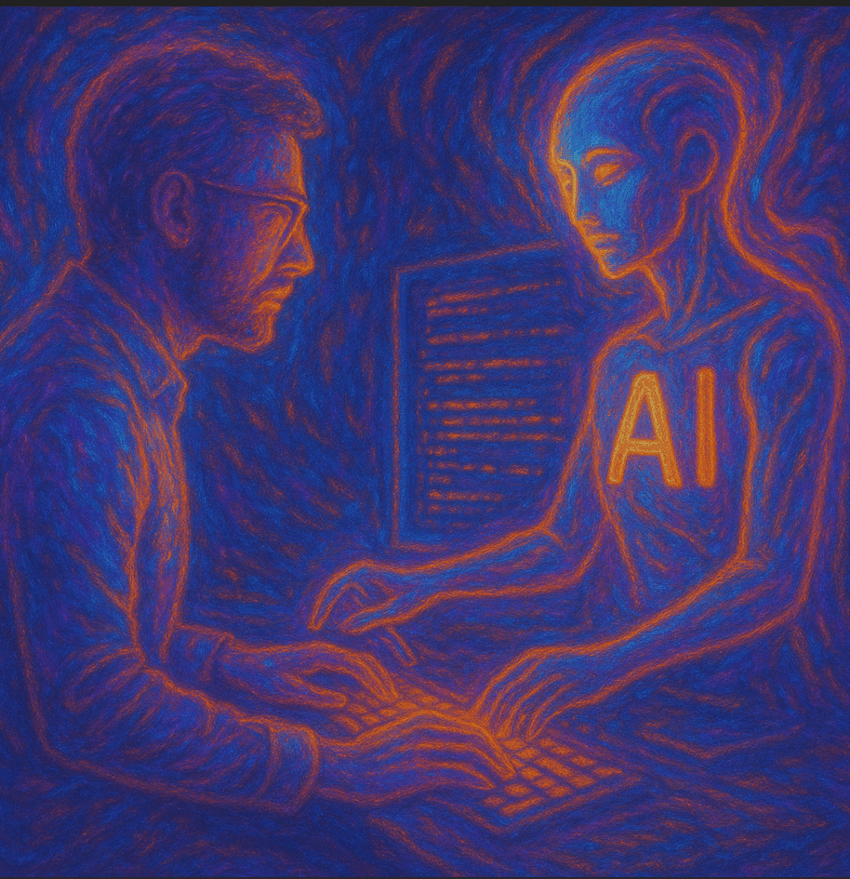1. No-code/low-code tools are reshaping product development
While PMs can now visualise and prototype ideas like never before, this change in product development behaviour brings its own fresh challenges. We have to remember that the expertise of engineers and UX designers remains vital. Success means finding balance, ensuring non-coders don’t inadvertently devalue the expertise of colleagues who spent years mastering engineering skills that can now “seem” to be replicated instantly.
2. The shift from “how to build” to “what to build”
Tools such as Loveable and n8n, have redefined how we approach the product creation process. The question has shifted from how to build to what to build. No code and low code apps have made it incredibly easy for non experts to develop and deploy a new feature. As a result, teams have to become aligned in regards to what they believe should be the built and which ideas to pursue.
Hence, tools such as Claude are now being used as strategic decision-making partners: They help break ideas into manageable chunks and bringing nuance to discussions about product direction.
3. The evolution toward conversational AI
The goal is for LLMs like Claude and ChatGPT to become true conversational partners, not just text generators. They have to learn when to dive deep and when to stay high-level. As an English major, I see huge potential for humanities perspectives to enrich AI development and to bring conversational nuance into AI. We’re already seeing distinct personalities emerge: Claude as the principled assistant who won’t let you bend the truth, versus ChatGPT with its bold text, numbered lists, and emoji-filled responses that feel like an eager college graduate.
Bonus insight: By the end of 2025, at Anthorpic, 90% of code will be written by Claude. While engineering roles are transforming dramatically, core product teams haven’t yet dramatically changed. This bears the question: What new roles and methodologies will emerge from this shift in how we create products?
Find the whole podcast here
